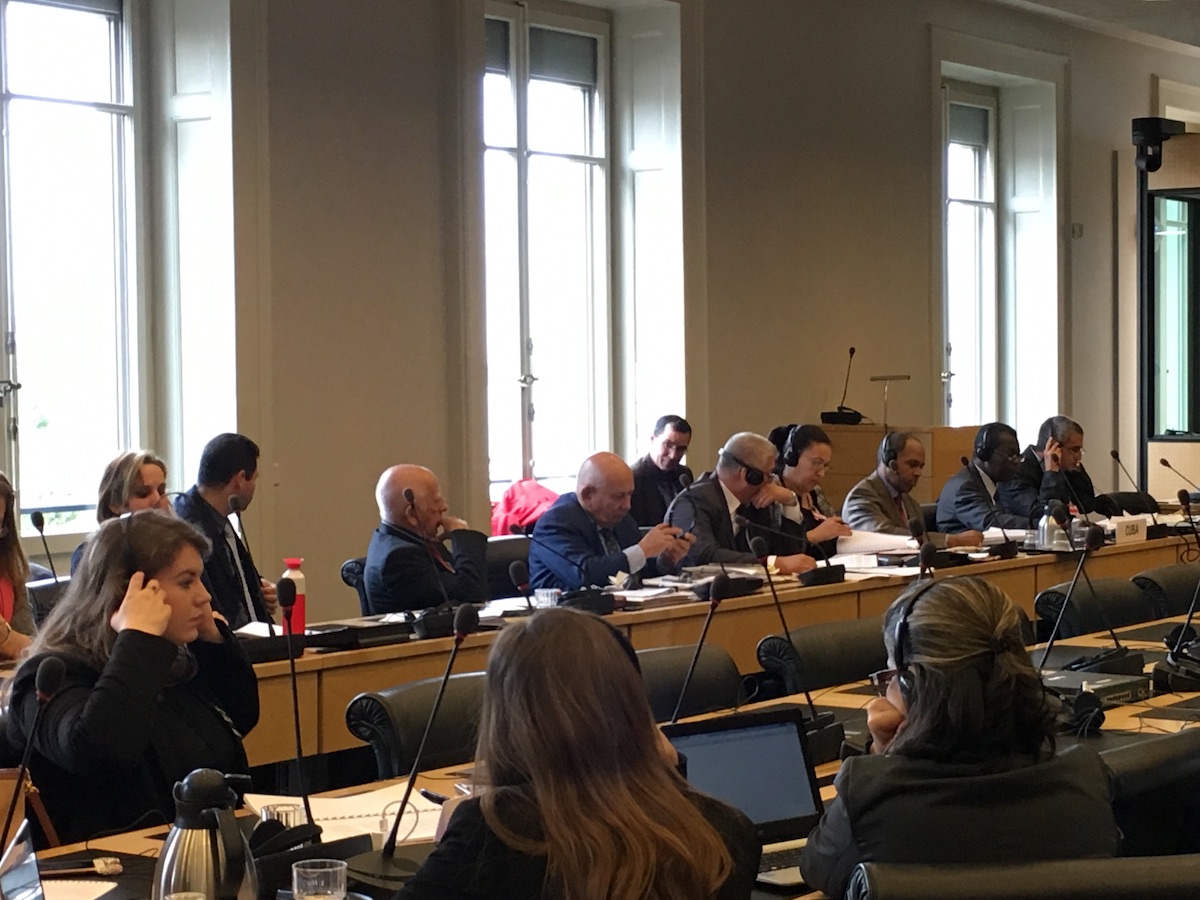The United Nations Reviews the Situation of Forced Disappearances in Cuba
Geneva, Switzerland. March 9, 2017. – On March 6 and 7 at the Palais Wilson at UN Seat in Geneva, the United Nations Committee of Independent Experts on Forced Disappearances (CED) reviewed Cuba’s compliance with its international obligations effective upon its signing in 2009 of the International Convention for the Protection of All Persons from Enforced […]

Geneva, Switzerland. March 9, 2017. – On March 6 and 7 at the Palais Wilson at UN Seat in Geneva, the United Nations Committee of Independent Experts on Forced Disappearances (CED) reviewed Cuba’s compliance with its international obligations effective upon its signing in 2009 of the International Convention for the Protection of All Persons from Enforced Disappearance. This is the first time the Cuban State has been reviewed by the Committee.
During the first phase of the revision process, Cuba presented a written report that described its advances in implementing the Convention on Forced Disappearances. In the report, the State affirmed that “peoples’ rights to life, liberty and security have always constituted the pillars of the actions of the Cuban Revolution, its authorities and of the functioning of society in general,” and that “in its foreign and domestic policy, Cuba puts into practice respect for the physical and moral integrity of the individual.” It added that, “since the triumph of the 1959 Revolution, torture has been eliminated, and not one case of forced disappearance or extrajudicial execution has occurred,” a position it maintained throughout the its dialogue with the Committee of experts.
Led by Mr. Abelardo Moreno, Vice-Minister of Foreign Relations, the Cuban delegation
gave its opening statement, in which it underscored that the report it presented was compiled after a process of broad consultation with numerous governmental and non-governmental institutions. These institutions helped to evaluate the State’s compliance with the Convention, concurring that the Cuban Revolution put an end to the policy of forced disappearances that were common under the dictatorship and that currently no forced disappearances or secret detentions occur in the country.
Following these statements, the country Rapporteurs, Mr. Juan José López Ortega and Daniel Figallo, asked several questions of the Cuban delegation in order to clarify certain parts of the report. Other members of the Committee followed with questions of their own.
These questions focused on several issues, including the classification of the crime of forced disappearance; the difficulties in Cuba allowing the Committee to hear individual cases; and the lack of ratification of basic human rights instruments such as the Optional Protocols, the International Covenant on Civil and Political Rights and the Rome Statute.
The country rapporteurs also requested details on the participatory methodology utilized by the State in the writing of its report, especially in regards to its inclusion of civil society in the process and whether the report included information from internationally recognized NGOs.
The experts asked for clarification on short-term forced disappearances. The Committee also requested additional information on structural deficiencies related to judicial independence—a situation highlighted by other UN organs—in reference to the resolution of cases and the broad role of military tribunals in the crimes in question. It also requested more information on arbitrary detentions and detention lengths, the manner in which family members of the detained are contacted and kept informed of detainees’ situations, the right to an attorney, and the existence of a gender perspective with regards to the subject.
The delegation answered some of the Committee’s questions, referring to the State’s report. These responses can be found in the video of the session.
As of this time, the Convention has been ratified by 56 of the 193 UN member States. During the Committee’s 12th period of sessions the experts will also review Ecuador and Senegal. The recommendations made during the review of the three countries will be published on March 17. The Concluding Observations for Cuba can be found in here.

